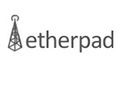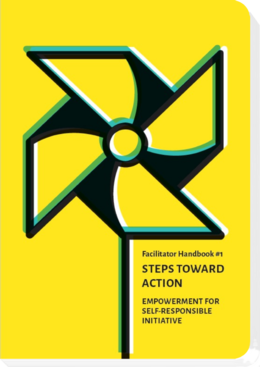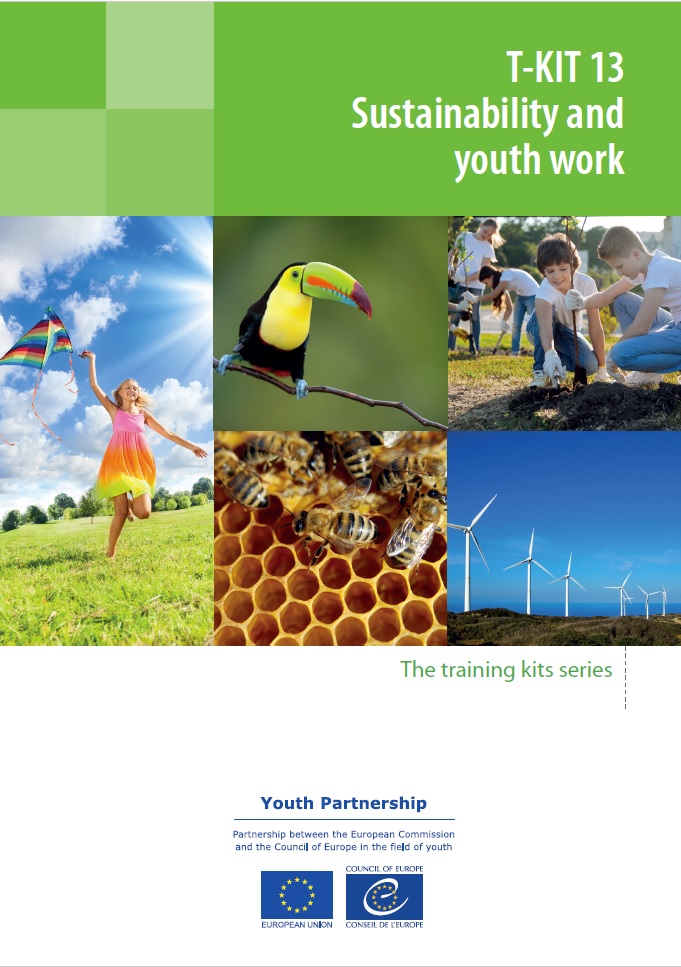Contents
Coffee and tea
Under which social and environmental conditions is the coffee and tea you provide produced?
- Is Fair Trade coffee available?
Water
How do you serve water?
- In disposable plastic bottles? In reusable ones?
- Is it possible to serve tap water instead?
Fruits
Which fruits do you offer during breaks and where do they come from?
- Seasonal and local?
Hot meals
Carefully plan the amount of meat to be served in your catering.
- Meat consumption is one of the most significant contributors to global warming. Why not go vegetarian for the meeting?
Materials
What materials will you use during your training? What is their environmental impact? Are they reusable?
- If possible, reuse the back sides of flipchart paper or moderation cards.
- The paper is manufactured from wood, a process that consumes energy.
Digital Support
- Where could you replace flipcharts by digital pads, boards or messenger groups (e.g. for documentation, collecting questions, gaining feedbacks? For instance:
Etherpad
Writing and sharing texts together without login or registration, immediately.
Etherpad services
Example: YopadCryptPad
Privacy-by-design alternative to popular office tools and cloud services. CryptPad onlinePinnet
Digital pinboards: explore ideas, collect tasks or use it as a "bulletin board" for your team, automatic notifications included.
PinnetChatons Collection
FOSS and ready-to-use tool collection by French CHATONS Collective
ChatonsQ!App
Collaborative project concept development online by European Platform for Learning Mobility (EPLM)
Q!App
- Find here more: Apps and Tools
Transport
The transportation industry is another major global contributor to global warming. How do your participants get to the training?
- Is public transport possible?
- Is car sharing possible?
Source
- Facilitator handbook #1 Steps toward action: M. Gawinek-Dagargulia, E. Skowron, N. Zimmermann (Ed.): Steps toward Action; Empowerment for self-responsible initiative; Help your learners to discover their vision and to turn it into concrete civic engagement; Facilitator Handbook #1; MitOst Editions 2016






